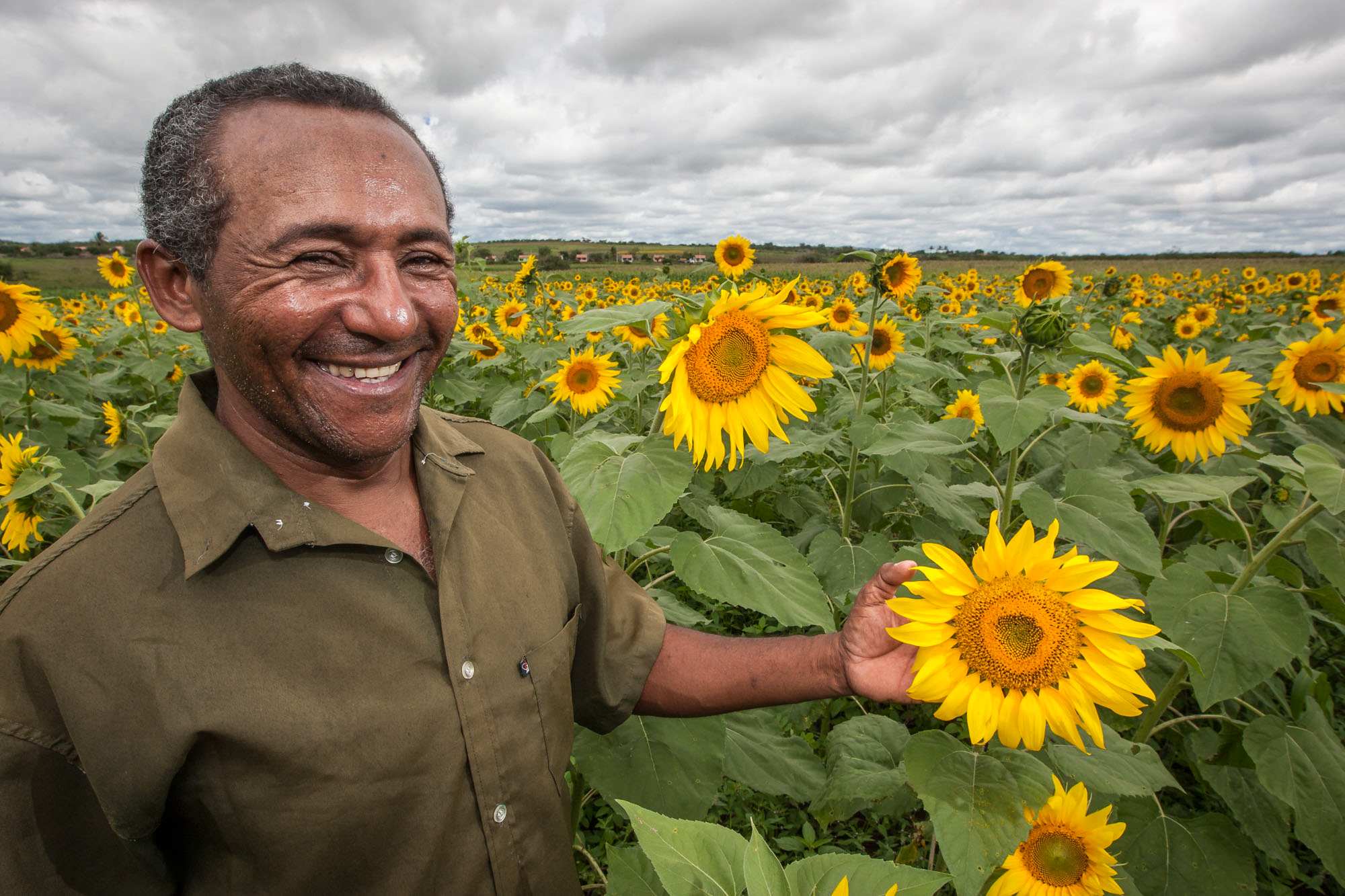

According to Costa et al, “Brazil was the first country in the world to implement a National Policy for Agroecology and Organic Production”. It is therefore worthy of notice that the Policy has been widely implemented in the country, succeeding as a good example of a multi-sectoral public policy, despite the challenges it still faces. Furthermore, PNAPO has served as inspiration for Brazilian States (such as Minas Gerais, Rio Grande do Sul, Goiás, São Paulo and Amazonas), the Federal District and Municipalities to elaborate their own state and municipal policies, following the guidelines of the National Policy and adapting them to their own realities and necessities. Hence PNAPO is likely suitable to be transferred to other situations.
Indeed, there were many exchanges with other Latin American countries, thanks to (and within) REAF – Rede Especializada da Agricultura Familiar. Within this context, a number of the strategies, initiatives and programmes set out by and developed under the umbrella of the PNAPO, such as the Segunda Água Programme and the public calls for ATER, are highly transferable to other countries with common characteristics and issues, with emphasis to those from the global south with large agricultural areas.
In particular, Brazil’s National School Feeding Programme has been recognized by various actors (UNDP, WFP, FAO) and has spiked interest from governments in Asia, Africa and Latin America.